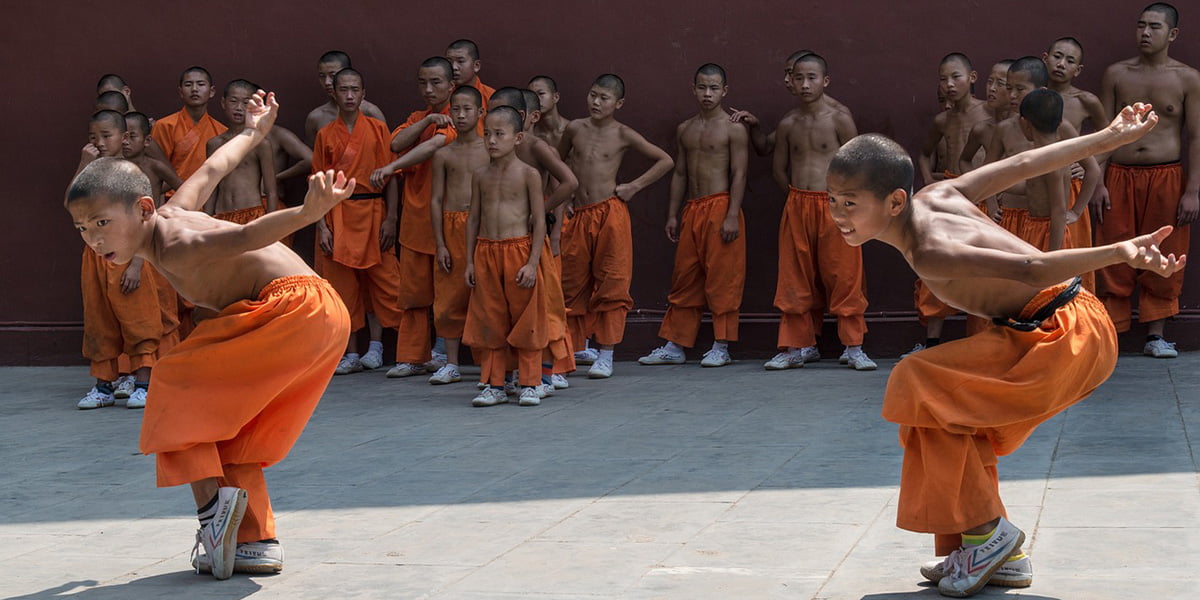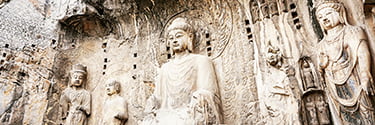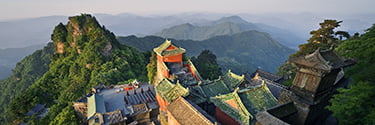The Mysterious World of Chinese Divination: Journeying Through China’s Ancient Wisdom
China, with its sprawling landscapes stretching from snow-capped mountains to sun-kissed deserts, has long been a magnet for global wanderlust. But beyond its iconic Great Wall, majestic terracotta warriors, and bustling metropolises like Beijing and Shanghai, there lies a deep-rooted tradition that has shaped the Middle Kingdom for millennia: Chinese Divination. If you’re looking to immerse yourself in the profound mysteries of Chinese culture while touring its vast terrains, then let Chinese divination be your guiding star.
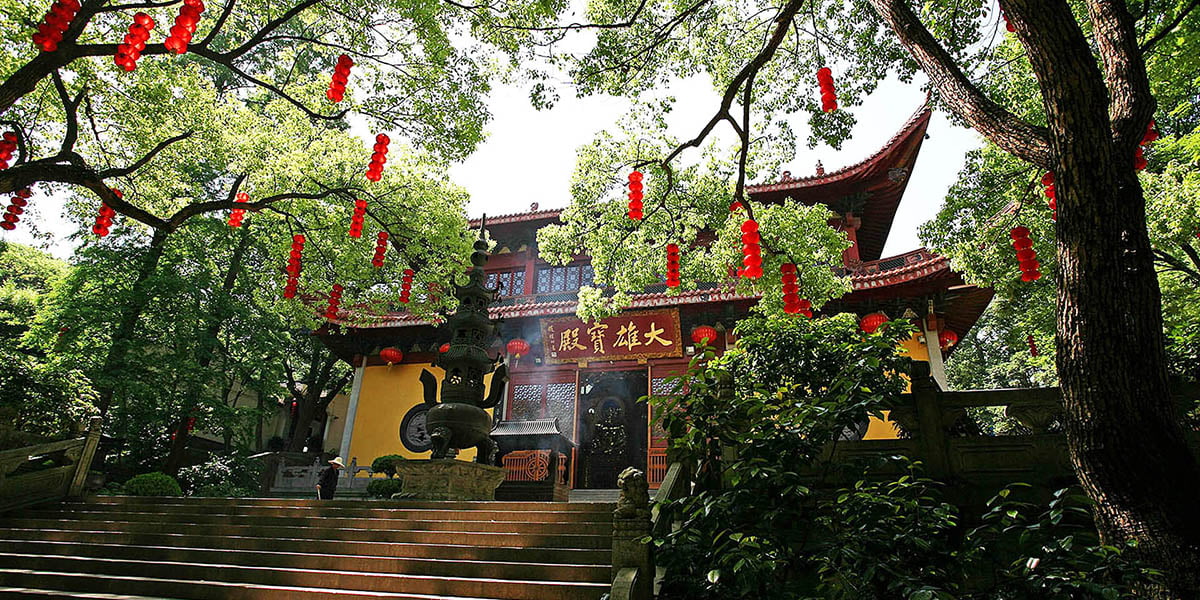
Chinese Divination: A Brief Introduction
Before one delves into the soul of a nation, understanding its heartbeats is essential. Chinese divination, or as locals fondly call it, ‘卜卦’ (Bǔ Guà), has long been the spiritual compass directing the course of emperors, scholars, and everyday folk. Rooted in the age-old quest for understanding destiny and seeking guidance, this practice blends cosmology, philosophy, and a touch of mysticism.

The Practice of Chinese Divination
Chinese divination, known as ‘卜卦’ (Bǔ Guà) in Mandarin, is a practice deeply embedded in the annals of Chinese history, dating back to the earliest dynastic periods. This fascinating method of seeking guidance from the universe, intertwined with China’s rich cultural, historical, and philosophical legacy, was born from humanity’s innate curiosity and yearning to decipher the mysteries of the cosmos. One of the earliest and most intriguing forms of Chinese divination was the casting of oracle bones during the Shang dynasty. Priests would inscribe questions on turtle shells or animal bones, subject them to heat until they cracked, and then interpret these cracks to divine the future. As centuries rolled on, the ‘I Ching’ or the Book of Changes emerged, introducing a sophisticated system of 64 hexagrams used to understand and navigate various life situations. The profound impact of these divinatory practices wasn’t just limited to spiritual realms; they played pivotal roles in political decisions, military strategies, and even day-to-day life. An intriguing tidbit: it’s believed that some ancient Chinese architectural marvels, including the placement and design of certain temples and palaces, were influenced by insights gleaned from divination, underscoring its profound influence on China’s cultural evolution.
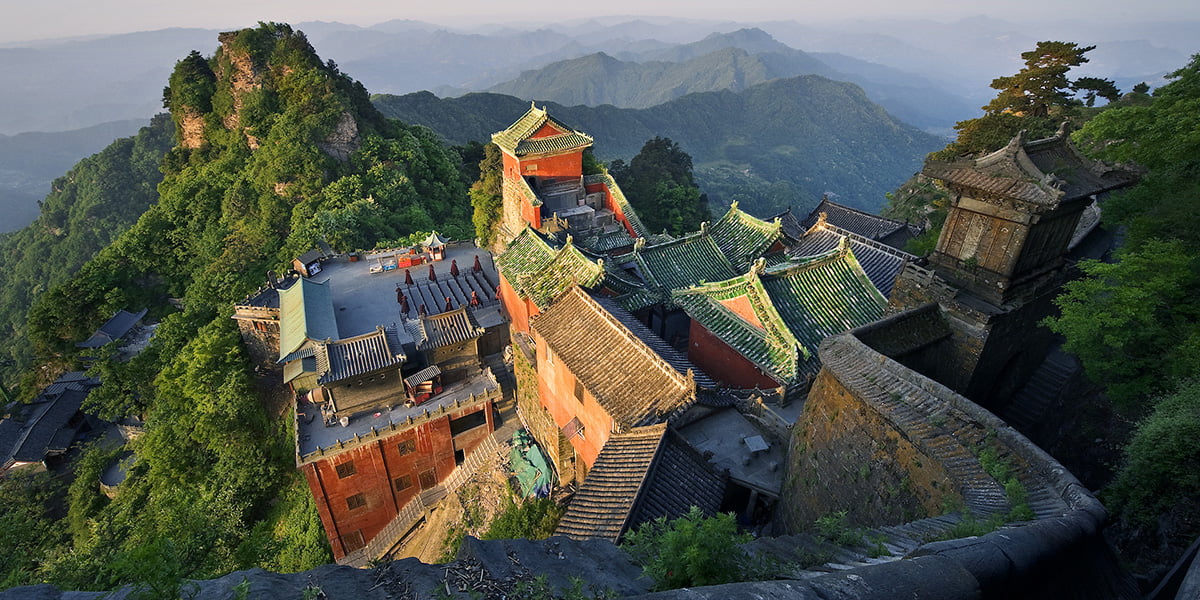
Purpose of Divination
But why, you ask, in a nation that’s rapidly moving forward, would ancient divination still hold sway? The purpose of divination goes beyond mere fortune-telling. It’s a method of seeking clarity during uncertainty, a way to connect the human spirit with cosmic rhythms. Whether it’s deciding on important life choices or seeking prosperity, Chinese divination offers a window into potential futures, hinting at paths less obvious but profoundly enlightening.
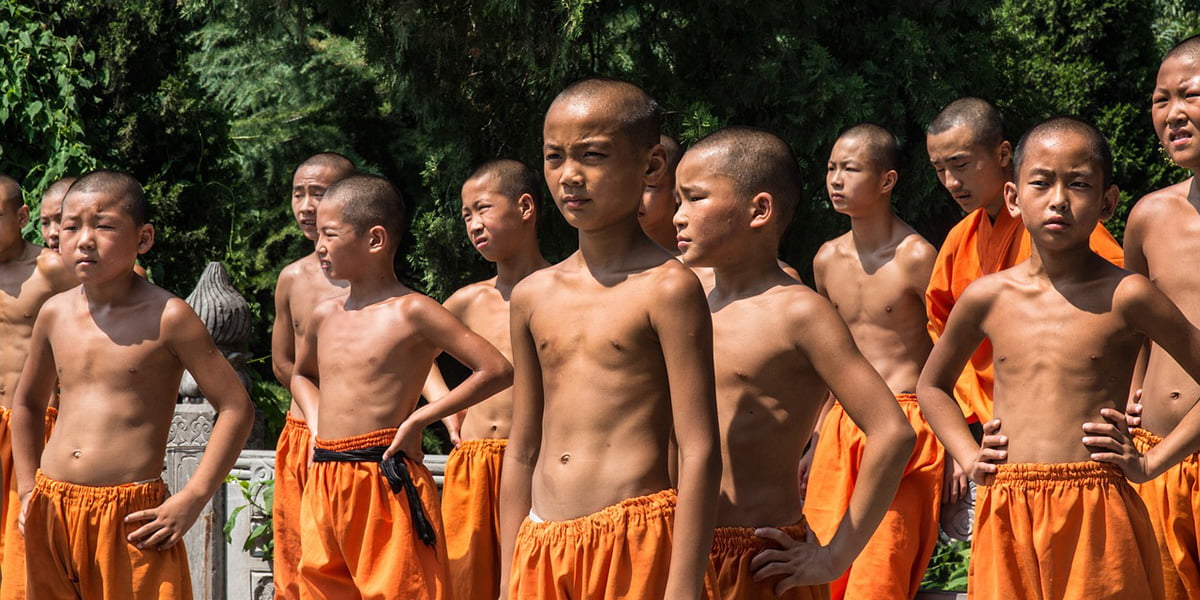
Deciphering the Book of Changes (I Ching)
Central to the practice of Chinese divination is the ‘I Ching’ or the ‘Book of Changes’. An ancient text that predates even the renowned Confucius, the I Ching serves as both a philosophical treatise and a manual for divination. With its 64 hexagrams – combinations of broken and unbroken lines – the book represents various life situations. By casting a set of yarrow sticks or coins, one obtains a hexagram which is then referred to in the book, offering wisdom pertinent to the seeker’s question.
For travelers journeying through China, understanding the essence of the I Ching can enrich their experience manifold. As you stroll through the historical lanes of Xi’an or admire the modern skyline of Shenzhen, consulting the I Ching can add a layer of mystique to your adventure, guiding you to hidden gems and experiences.
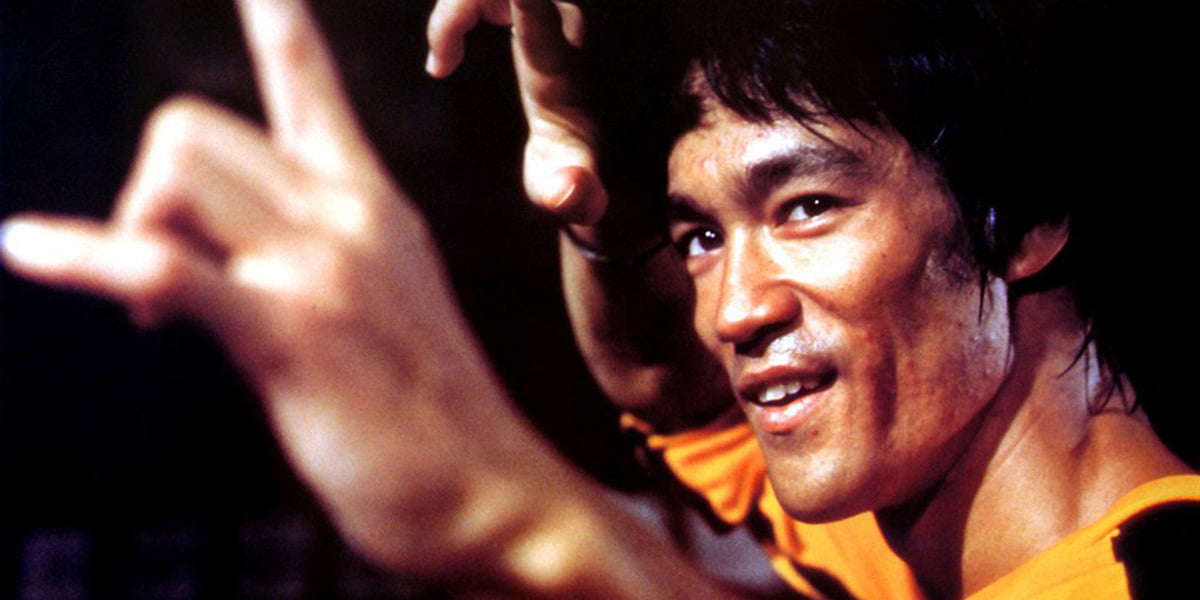
Chinese Divination and Travel
But how does divination intertwine with travel, especially in a vast and diverse land like China? The art of divination, in essence, is about navigating the unknown, much like travel. As travelers, we often seek experiences that resonate with our souls, and Chinese divination provides that nuanced compass, directing us to destinations that might otherwise remain obscured.
Imagine this: You’re in Chengdu, the land of the giant pandas, sipping a cup of local tea, and pondering your next destination. With a set of coins and a copy of the I Ching, you pose your question to the cosmos. The answer might lead you to the serene monasteries of Tibet, the bustling markets of Guangzhou, or even the tranquil West Lake in Hangzhou.
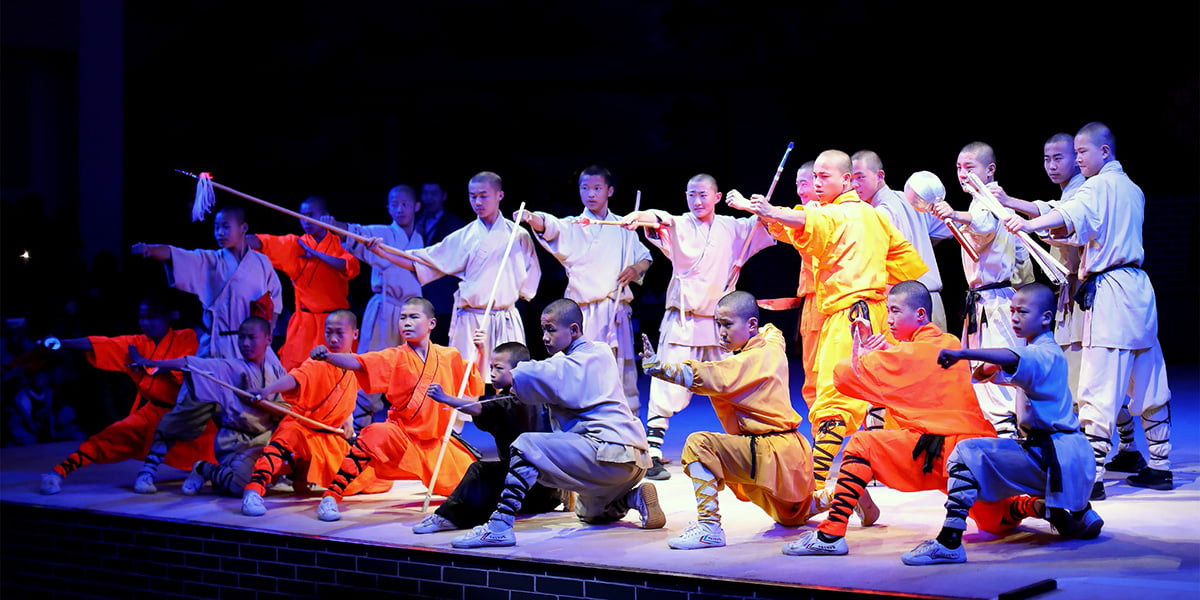
A Journey Through Time and Space
The beauty of integrating Chinese divination into your travel itinerary lies in its capacity to connect you with the past while engaging with the present. As you traverse through cities like Kunming or Suzhou, consulting divination methods, whether it’s the I Ching or geomancy (Feng Shui), enables a more profound connection with the locales. These practices, deeply embedded in the culture, offer insights into how landscapes, architecture, and even city layouts have been influenced by China’s divinatory traditions.
Conclusion: Let the Stars Guide Your Way
Travel is more than just moving from one place to another; it’s a soulful journey, a quest for experiences and understanding. In China, where modernity and tradition dance in a harmonious ballet, allowing Chinese divination to guide your steps can lead to a journey unlike any other. Dive deep into the annals of time, explore the profound wisdom of the I Ching, and let the ancient art of divination steer your path through the mesmerizing tapestry of China.
So, as you pack your bags, seeking the allure of China’s vast landscapes and rich culture, remember to add a touch of mysticism to your adventure. Whether you’re a seasoned traveler or a curious soul, let Chinese divination and the age-old wisdom of the I Ching illuminate your path, turning your trip into a celestial journey through the heart of China.Bottom of Form


